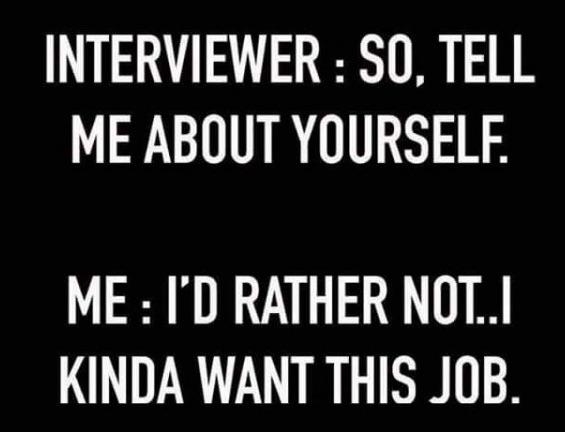In the last few years, even during the pandemic, I’ve helped a significant number of individuals make real career changes into a new field or into self-employment. Based on this experience, here’s the top 3 reasons they did so:
1. Know where to look
There are lots of opportunities in today’s job market but only in specific sectors. By doing a deep analysis of their transferable skills, we identified which sectors will recognize, reward, and motivate them. We start with the sectors where there is high demand and high growth.
2. Know how to look
We position and package them for specific jobs in those sectors. We master the online application process and identify a few very specific people to approach offline for leads and referrals. Then we prep for interviews by developing compelling stories that demonstrate in very clear and concise terms how they can help these employers make money, save money, improve productivity, attain efficiencies, meet difficult deadlines—all the bottom-line stuff that adds value to an organization.
3. Stick to it.
Most of these people had some financial security because, by a combination of their age and covid circumstances, the value of their assets (especially their house) had gone up a lot, so they did not feel desperate. This allowed them to really focus on attaining the kind of work that energized them, work that gave them purpose or meaning, rather than settling on something just to pay bills. They felt liberated, empowered! This positive attitude enabled their job search.
In addition, they found it quicker and easier to acquire a new credential, or skill, or subject matter expertise with all the micro-credentials available online. Succeeding with a credential boosted their confidence in interviews and helped them make their case for employment in a new field. They could speak with authority and authenticity on how they would handle certain situations in a job.
Conclusion
Making a successful career change in mid-life is really about understanding and communicating your past accomplishments at work and in life, and how they fit the needs and priorities of a potential employer. By mid-life, you’ve succeeded in many things that support you to succeed in a career change!









